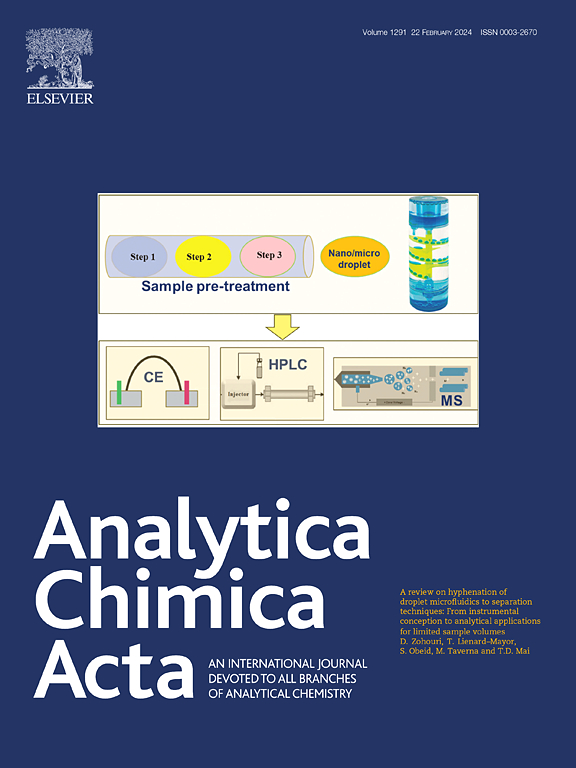Wenjie Zhu, Hong Qian, Yasheng Cao, Wei Xia, Xilong Wang, Jing Jin, Xin Wang, Hao Zhang, Dongsheng Liu, Ying Chen
Abstract
Background
The early detection of Hepatocellular Carcinoma (HCC) is crucial for improving patient survival rates.Early diagnosis of HCC can significantly enhance treatment outcomes and reduce disease progression. Antigen detection of tumor markers is one of the important diagnostic methods for HCC. However, Traditional antigen detection methods often rely on heavy detection equipment, involve lengthy turnaround times, and must be conducted in laboratory settings. Therefore, there is a clear need for a portable, low-skill, rapid sample-to-result detection method for early HCC biomarkers.
Results
We propose a new platform based on electrowetting-on-dielectric digital microfluidic(EWOD-DMF) for the detection of early-stage HCC biomarkers, enabling the quantitative measurement of Alpha-Fetoprotein (AFP), the proportion of AFP-L3 in total AFP (AFP-L3%), and Des-Gamma-Carboxy Prothrombin (DCP). First, serum samples are processed through the microfluidic system, achieving the separation of AFP-L3 within 10 minutes. Next, immunoassays are performed within 15 minutes, using magnetic particles to capture biomarkers such as AFP, AFP-L3, and DCP, followed by enzymatic reactions that generate detectable signals. Each chip can simultaneously detect three biomarkers from five different samples, allowing for a total of fifteen targets to be tested, with only approximately 2.4 μL of serum required for each biomarker detection. Ultimately, data are analyzed with dedicated software to quantitatively measure the HCC biomarkers. The detection limits for AFP or AFP-L3 and for DCP are 0.24 ng/mL and 1.89 ng/mL, respectively.
Significance
This study presents a EWOD-DMF platform for early-stage HCC diagnosis, capable of simultaneously detecting multiple samples and biomarkers, thus improving detection efficiency and diagnostic accuracy. Moreover, the platform has POCT capability, with advantages in portability and cost-effectiveness, providing clinicians and primary healthcare institutions with a fast and convenient solution for early-stage HCC diagnosis.





